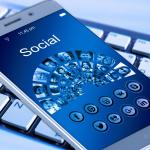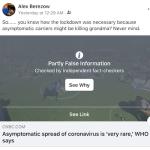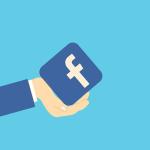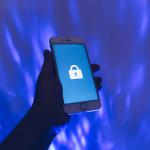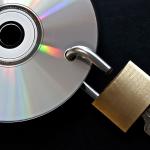It was a problem for years. First thing in the morning, I would shut off my phone alarm, open the Twitter app and begin scrolling through my timeline before reluctantly getting out of bed to be productive.
Social media giants like Facebook, Twitter, and YouTube have promised over and over again to combat the spread of fake news, particularly if it leads to harm.
Well, this is certainly interesting. An article from CNBC that I posted on my personal Facebook page has been flagged by Facebook fact-checkers as containing "partly false information."
It says something profoundly troubling about the times in which we live that Americans are using a genuine public health crisis to sow division, stir animosity, and score political points. But that's where we find ourselves in 2020.
The Facebook page "I Fu**ing Love Science" became an internet sensation a few years ago, largely because it had nice graphics, engaging headlines, and liberal use of the F word.
"Social media sites like Facebook offer advertisers an easy and inexpensive channel to reach narrowly-defined audiences in a relatively unregulated setting."
The old adage that a lie can traverse the globe before the truth puts its shoes on has never been more relevant than it is today. Because of social media, lies can literally spread around the world in mere seconds.
From hospital inpatient “wealth screenings” for potential donors to digital geofencing cell phones in emergency rooms, the erosion of patient privacy is a prominent reality.
Protected personal health information has traditionally been exempt from privacy concerns, given the unique nature of its scope and regulation, until the advent of direct-to-consumer (DTC) genetic testing, forced implementation of electronic medic
In the early days of microbiology experiments, when researchers needed test subjects they frequently went to those closest nearby which included their family or themselves.
